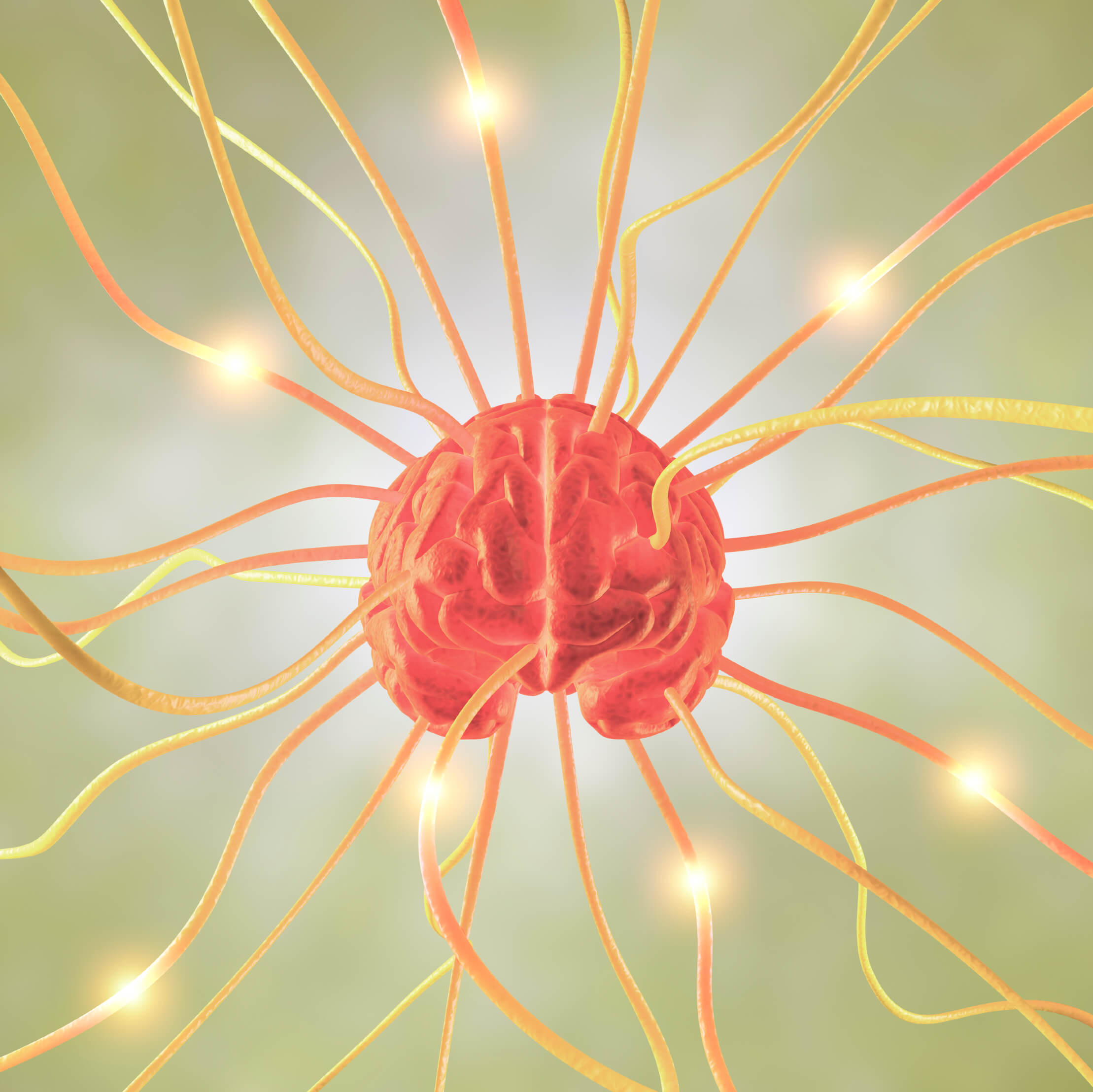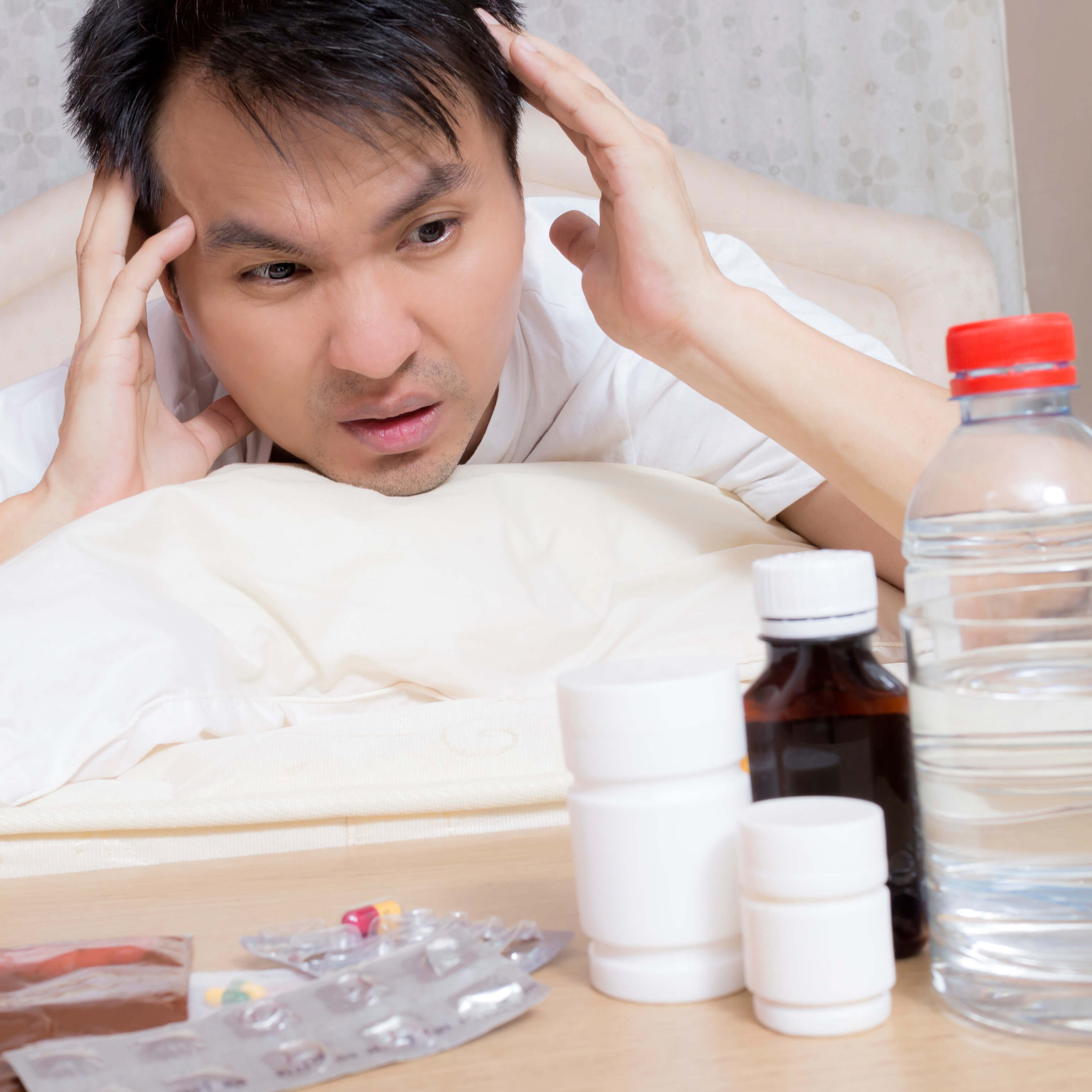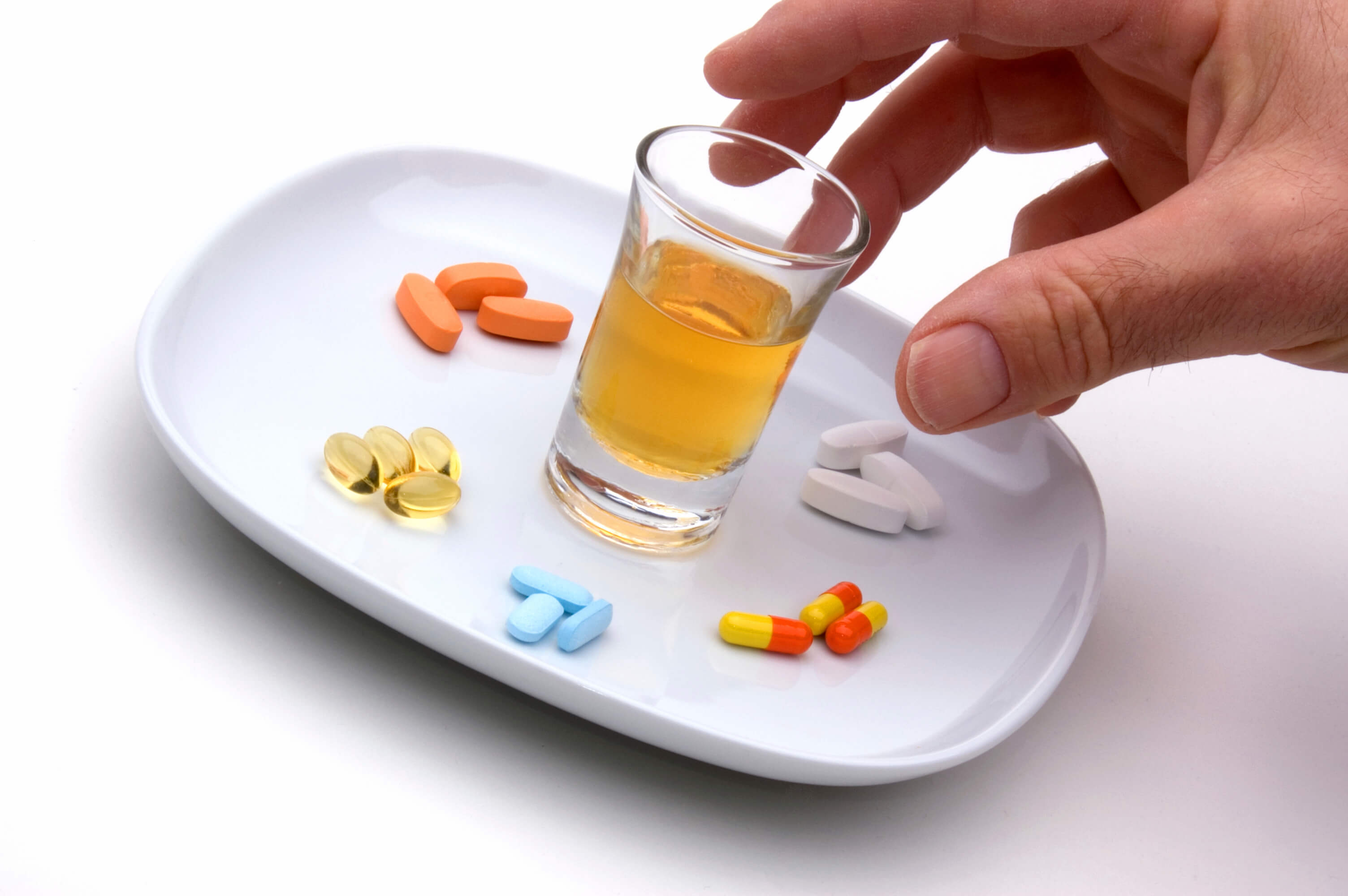For decades there have been numerous studies and various research trials conducted to determine if in fact there is a pill that can cure the disease of alcoholism. Alcoholism is one of the most devastating and damaging diseases, not alone to the sufferer but to their family, society and the economy. Finding a cure would be a major break through and many scientists believe they have made great strides in realizing this possibility. But with so many medications, so little regulation and no concrete proof is this theory of a cure actually dangerous? Chemically and scientifically maybe it is possible but considering the complexities surrounding this illness, is the possibility of actually curing very slim. There are immense behavioral and environmental factors that influence a person’s abuse of alcohol and a pill cannot control an individual’s personal circumstance.
What does a cure mean?
To say that there is a pill to cure alcoholism is a bold statement and we must clearly understand what is meant by cure. If we define ‘cure’ as “recovery or relief from a disease; something (as a drug or treatment) that cures a disease; a period or course of treatment” as stated by Merriam-Webster then maybe the pills being researched and endorsed can be afforded this accolade. According to the studies and trials conducted several medications have demonstrated an ability to provide relief from addiction, a reduction in varying volumes of consumption and even in some cases total abstinence. If a cure for alcoholism is entirely based on abstinence from alcohol then surely these medications need to be given or at least considered for alcoholics. The thing is alcoholism is not this simple, our minds are not this simple and no two of us are the same. In a basic sense these medications have the ability to curb cravings and cure addiction, but in a deeper sense they have limited influence as addicts have immense behavioural, emotional and mental issues that they must also work on to sustain their sobriety. Surely convincing an alcoholic that they can be cured by taking a pill is dangerous to their potential for recovery; it over simplifies an extremely complex disease. A person with a dependence on alcohol who evidently has an addictive personality buying into a quick and easy cure could encourage them to overlook the hard work and commitment required as part of recovery, which is much more than mere abstinence. So in scientific terms based on the research these medications have the ability to cure alcoholism, but in real terms and based on human understanding declaring them as a cure could be a stretch.
The Research
For several years, going as far back as the 1970s there have been studies and research conducted on the effectiveness of a pill to cure alcoholism. To date in spite of extensive studies and research a concrete conclusion has not been reached. This reinforces the reality that alcoholism is a hugely complex disease and cannot be confined to one tablet or one method of treatment. There are definitely valid findings and connections to reduced consumption and a potential cure from the research but nothing that an addict could truly pin their survival on.
In September of this year a discovery backing up previous findings from other drug trials found that the neurons in our brain play a large part in whether we have just one drink or ten, and if we become addicted to alcohol as a consequence. The study was conducted by the Texas A&M Health Science Centre, College of Medicine under lead researcher Jun Wang.

Our neurons have two types of dopamine receptors, labelled D1 and D2 for short. Studies show that D1 is significantly influenced by alcohol, releasing dopamine and making us feel good. This leads to a vicious cycle that results in a craving or a desire to consume more alcohol. The study used mice as a subject to test this theory and those given a drug to block these receptors craved less alcohol and drank less alcohol. In short alcohol excites D1 receptors, so that they activate with less stimulation, this stimulation then leads to more drinking. Wang believes this is a huge breakthrough in the treatment of addiction but ultimately the goal is to understand how an addicted brain works, so that cravings and consumption can be totally suppressed and the cycle of alcoholism defeated.
Another research study conducted last year which was a placebo controlled trial with 604 people showed that medication has the ability to curb alcohol consumption. In the trial which was carried out over six months people taking the drug Nalmefene reduced their drinking days per month from 19% down to 8%. Nalmefene works as an alcohol antagonist binding the opiate receptors of the brain and reduces the rush of pleasure we get from alcohol. It was the first drug in the world to be approved for the treatment and reduction of alcohol consumption. Topiramate an anticonvulsant medication is also linked to the treatment of alcohol addiction; a randomized trial also carried out last year on the drug showed that of 138 heavy drinkers there was greater abstinence among those taking the drug than those in the placebo group. These are just some examples of evidence that supports the theory that in fact there is a drug to cure alcoholism, the thing is there is not just one drug but several attributed to curing the disease.
Drugs used in the treatment of alcoholism
There are medications which have undergone extensive research and have been approved by the Food and Drug Administration for the prevention of relapse and dependence to alcohol. Below is a list of medications associated with the treatment of alcoholism, while FDA approved not all of those listed are approved for this purpose. To date three of the following drugs are specifically approved to treat alcohol abuse and dependence (see in bold below).
- Disulfiram
- Naltrexone
- Acamprosate
- Topiramate
- Gabapentin
- Nalmefene
- Ondansetron
- Chantix
- Baclofen
Even the specifically approved drugs above are underused by practitioners as many feel there are dangers  attached and many do not know enough about these drugs. The majority of these medications are designed for other illnesses but are considered safe and effective by many. The lack of certainty, regulation and knowledge may be a reason that they are not utilized more. If the world of recovery and scientists want drugs to be used in the treatment of addiction there must be further education and training for practitioners. Greater speciality training will need to be provided in the area of addiction and its treatment. There must also be an openness from practitioners that alcoholism and other addictions can be medically treated through prescription medication. While research is ongoing and there is evidence to back these medications, prescribing them has not become common practice and more specific evidence and regulation will be needed before doctors to do so.
attached and many do not know enough about these drugs. The majority of these medications are designed for other illnesses but are considered safe and effective by many. The lack of certainty, regulation and knowledge may be a reason that they are not utilized more. If the world of recovery and scientists want drugs to be used in the treatment of addiction there must be further education and training for practitioners. Greater speciality training will need to be provided in the area of addiction and its treatment. There must also be an openness from practitioners that alcoholism and other addictions can be medically treated through prescription medication. While research is ongoing and there is evidence to back these medications, prescribing them has not become common practice and more specific evidence and regulation will be needed before doctors to do so.
The Evidence- Can a pill work?
Dr. Oliver Ameisen achieved the ultimate goal for an addict and believes that a pill did end his cycle of alcoholism. After many years of alcohol abuse and several failed attempts to quit drinking he decided he was going to try a completely new approach. Dr. Ameisen had heard about drugs assisting with addiction recovery and from his medical knowledge put his faith in baclofen. After consulting with a neurologist under the pretense that the drugs were for a muscle related issues he was reassured that it was safe and not addictive. He began taking baclofen, gradually increasing the dose to 180 mg per day. The results were undeniable, he was having peaceful nights sleep, his cravings were reduced and the periods between binges were much longer. With his experiment going so well he decided he wanted to quit alcohol entirely. To do this he had to increase his dosage, this was a dangerous move as he was already taking six times the dose used in previous experiments with alcoholics. From his research of studies conducted on animals he believed he could gradually increase his dose to 300mg per day. By the time Dr. Ameisen reached 270mg he was feeling significant effects. Seeing alcohol or even a person drinking gave him no desire at all to drink, prior to the baclofen he would not have been able to control the urge and these circumstances would have been an instant trigger. As he felt stronger and more in control he began to reduce his dosage back down to 120 mg.
Five years later he could have one or two glasses of champagne or a vodka tonic on occasion and he had no cravings to drink any more, eliminating abuse and binging completely. This is an example of one person and one medication where this worked. This success story reiterates the finds of Jun Wang’s study as baclofen’s effectiveness is based on the fact that it reduces levels of dopamine in the brain. There are less feelings of pleasure when alcohol is consumed and therefore less of a desire to consume more. The reason Dr. Ameisen believed that baclofen was different to other drugs was that they did not relieve dysphoria which Ameisen felt left people vulnerable to relapse. Dr. Ameisen believed wholeheartedly in the ability of baclofen to cure alcoholism and worked to have it’s abilities recognised among the medical community. He was met with significant resistance but the Medicines Agency did agree to a temporary recommendation of using baclofen for addiction treatment legally.
Baclofen has yet to be approved by the FDA as a treatment for alcoholism, doctors who prescribe it for this purpose do so off-label. Despite this extremely positive story there are limitations to baclofen as a treatment for alcoholism, such as coexistence of a mental disorder, use of other psychotropic drugs, lack of real motivation in a patient to stop drinking and the fact of regular impossibility of reaching the optimal dose because of unbearable side effects. Dr. Ameisen was the first to use Baclofen in this way but his theory has gained momentum and the research to prove its ability to cure alcoholism continues.
Pros & Cons of a Cure
An important question in all of this is, why are we so eager to help people continue to drink, even if it is safely. Evidence shows that alcohol addiction is rampant in our society with 17 million having an alcohol use disorder and 4 million being alcohol dependant. Even more worrying is that of this number just 1 million people are in treatment. According to the Centres for Disease Control & Prevention it is also the fourth leading preventable cause of death in the U.S and costs the state $223.5 billion. The research and science is not over simplifying alcohol addiction, but it would be very easy for an alcoholic in a desperate situation to do so, being led to believe that a pill alone can solve their problem. Pills being associated with reduced consumption are hugely damaging to the recovery process as for many alcoholics abstinence is the only way. On the other hand is this research providing people with an alternative, one they never had before. The 12 Step Programme within Alcoholics Anonymous which consists of just 200 words has for decades held a monopoly on the treatment of alcoholism. “The Sober Truth” indicates that AA’s overall success is actually just 5-8%, considering the time frame of activity this is relatively minimal and indicates that alternative methods are worth exploring.
In all addictions at present, there has been a change in focus from eradication to harm reduction. For people who can learn to control consumption and simply cannot abstain completely this is a positive development. This process could also be a stepping stone to total abstinence at some point and for the interim would allow people to function and not be killed by their addiction. The ability of these drugs according to the evidence to reduce alcohol consumption and eliminate bingeing could essentially save lives and billions of dollars. This is an alternative approach, an option that if coupled with therapy and rehabilitation could result in a significant reduction in the number of alcoholics in the US. If we are to believe the science these medications could also work to eliminate the issue of relapse, which can be soul destroying for the addict and happens to 70% of people using psychosocial treatment alone. Often the struggle and pain of relapse deter addicts from trying again, many believing they do not have the ability or strength to remain sober. The uncontrollable desire to drink is what makes people alcoholics, so if we minimize this immense craving with a pill we may have created a pathway for total sobriety. This is not to say a pill will fix everything, but it could assist with making the journey of recovery a little less torturous, a reduction in cravings would allow addicts to concentrate on therapy and give them the time to work on themselves, their resilience and the issues that may have led them to alcohol in the first place.
Conclusion
The evidence shows that a pill can help in curing alcoholism, stating that is cures addiction entirely ignores the complexities of the disease. There is definitely merit in introducing these drugs in the effective treatment of addiction , as many scientists believe that we should be treating alcoholism similarly to depression. For some therapy, support groups or counselling is simply not enough, for others popping a pill and ignoring the external factors is not sufficient. A multifaceted approach combining therapeutic and pharmaceutical support could increase an addict’s chances of getting and staying sober. The merits for medication are also very much rooted in the reality that alcoholism is not simply a behavioural issue but comes down to a chemical factor in our brains. The fact that two million deaths each year are attributed to alcohol abuse and addiction highlights a need for an alternative. The World Health Organisation also believes in the possibilities of pharmaceutical treatment in cases of people who are dependant on alcohol and are high risk from abuse.
The danger in officially declaring these medications as a cure or even an aid is that pharmaceutical companies begin competing and the bottom line becomes about money. Money is also hugely connected to whether or not a drug is FDA approved, as substantial investment is required to table a comprehensive request comprised of several clinical trials. This may be part of the reason that so few of the drugs being used to treat addiction are actually approved to do so. As generic drugs used in the treatment of other illnesses they are already making a profit and without a substantial return no one is going to make an investment to ensure their approval for the treatment of alcoholism.
There are a range of pitfalls, unanswered questions and challenges in using a pill to cure alcoholism. The important point is that one size does not fit all and each and every one of us is completely different in our chemical make up, the lives we live and the experiences we have had. Because of this combining treatments is a much more effective and safe way to achieve sobriety. Relying entirely on medication is destined to fail as there is immense work involved in becoming sober, recovery is a journey not a destination. And most importantly if a person does not truly want to stop drinking, not even a magic pill will get them to stop.
Sources:
Neuron responsible for alcoholism found: Researchers find neuron responsible for alcohol consumption, could stop cycle of alcoholism. Texas A&M University. ScienceDaily.
The End of My Addiction. Dr. Oliver Ameisen, 2008
http://www.addictionrecoveryguide.org/medication/alcoholism
